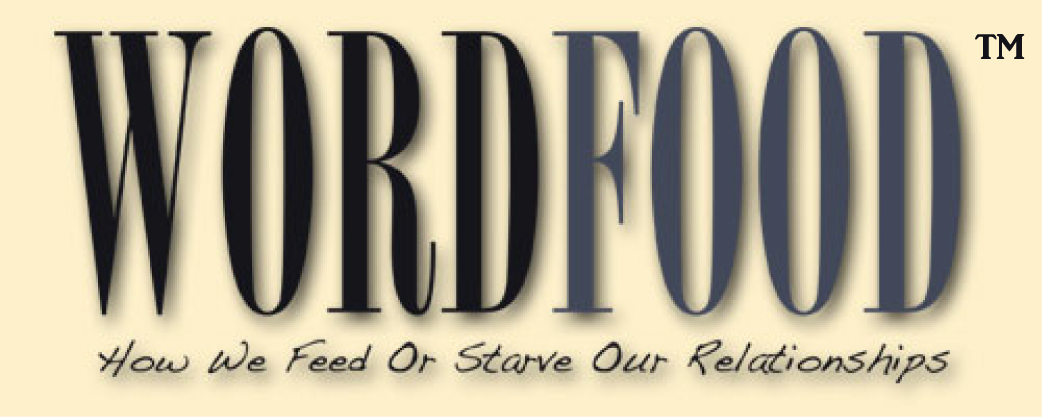My mother was a perfectionist, and as such, my brother and I were constantly subjected to her observations of what was wrong with us. Whether it was a curl out of place or a pants leg too long, a public behavior that was unseemly or an unwanted comment at the dinner table, it seemed that we were simply flawed beyond repair. If you’ve grown up with such a parent, live with a partner or a boss like this, you know how this feels. And chances are, this behavior may well be cascading through you to others. It’s often tough to see ourselves doing it. We can justify it by claiming that we “want the best out of others,” or some other lame excuse for simply being over critical. The real truth is that it’s easier to look for what’s wrong around us than what’s right.
Looking to find what’s wrong sets up expectations for discomfort and blame. Kids, friends, family members, coworkers find us hard to be around when our critical eye lasers over them, searching for flaws. AHA! There, see it? You need to fix that! We turn in a paper that took us three weeks to complete. Our best work. The boss picks it up and in seconds takes out the red pen and starts to pick it apart. Not a word about how long we’ve been at it, nothing. We’re deflated, defeated. We can often feel like, what’s the point?
In personal relationships it’s the same thing. After the glow has worn off a marriage, we come home to a litany of household issues. Perhaps we walk in the door and bypass our husband who has, for once, dressed up for us after taking care of the kids and the house and making sure the place is in perfect shape. We complain about the day. We find things to nitpick about the kitchen. We don’t notice anything he’s done to make the house look great for us. How do you think he feels? Defeated. Deflated. We miss the candles, the flowers on the table. All we do is complain.
We’d all love for people to do things for us- and maybe they already do. But do we notice? By noticing what people do right, complimenting those things, small to large, we highlight what’s good in others. What they’re proud of, what they did well. Their kindnesses. their goodness. We’re full of flaws and failings and things we’re not very proud of, and who needs to be reminded of those?
We already aware of them. But we do need to be noticed doing things right.
When you take the time to notice what’s right, people shine. Bloom. Glow. Smile. Their confidence builds. Be it a kid, a coworker, a granddad, a neighbor, man on the street, a lover. The most delightful part of this is that when you do this, it graces you, too. It’s a two way street. This is nutritious WordFood of the highest order, the kind that brings us together.
Save the criticisms, say the compliments. You’ll find yourself in the habit of finding what’s right all around you in no time.

